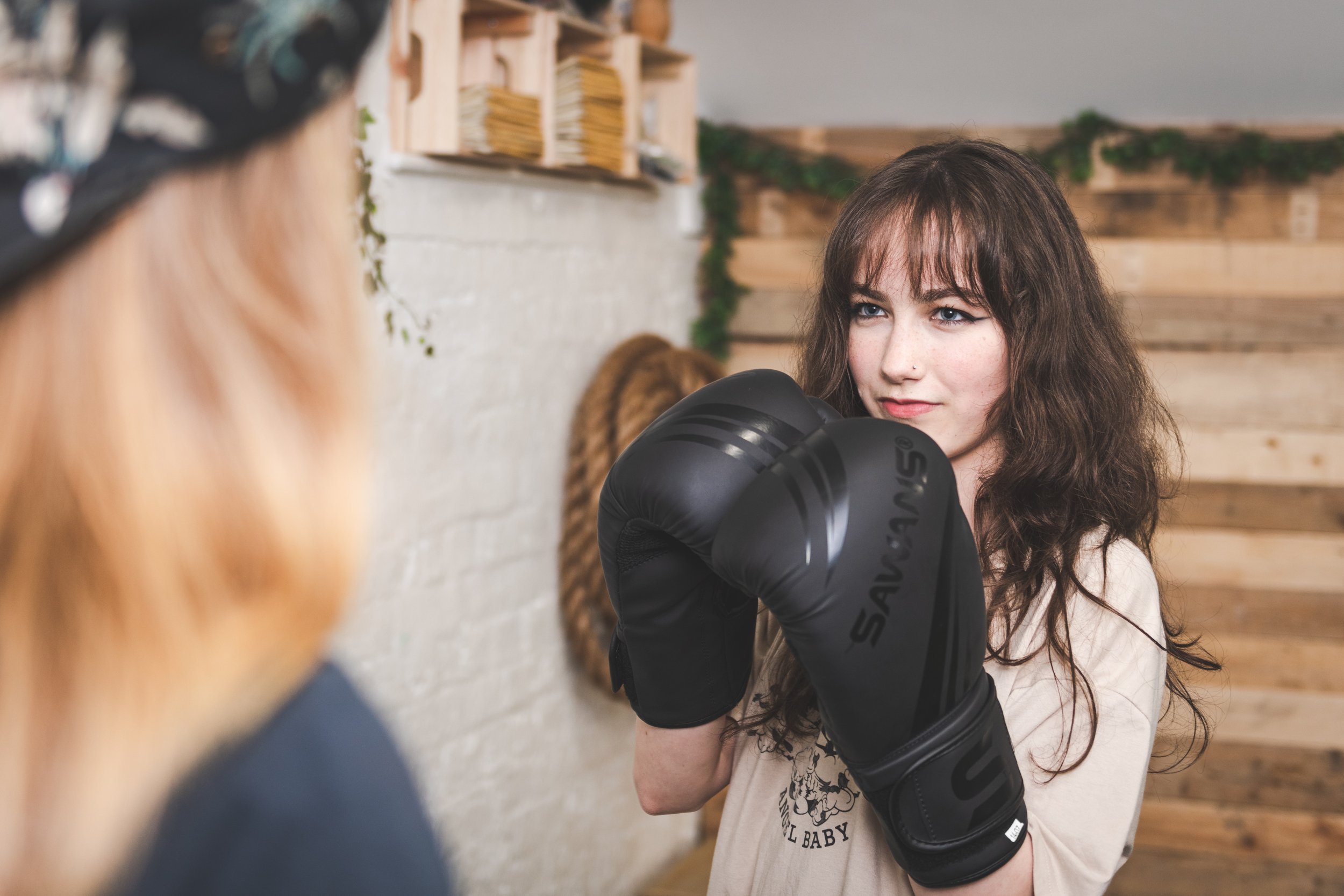Beyond Specialisation: The Importance of Diverse Learning Opportunities for Kids and Young Adults
As a father of three and a decade-long practitioner of Brazilian Jiu-Jitsu, I often get asked whether I plan to push my children into a specific sport or activity. This question usually stems from a common belief that to succeed, "You have to start them early if they want to be champions" or "Most elites start at a very young age." This notion of early specialization as the sole path to excellence is widespread, yet, from my experience and understanding of new research, this mentality may limit the growth of young children.
Although I consider myself proficient at Brazilian Jiu-Jitsu but not extraordinary, I often ask myself if starting earlier would have changed my skills and abilities for the better. The conventional wisdom suggests so, but I credit my growth in the sport to a childhood filled with diverse activities — skateboarding, baseball, gym workouts, and more. This varied background, I believe, laid the foundation for my skills in Jiu-Jitsu, enhancing not just physical abilities but critical thinking, resilience, and creativity.
In his insightful book “Range,” David Epstein speaks of developing domain-general skills — abilities that apply across various tasks and contexts. These skills, acquired through a broad spectrum of activities, are shown to transfer between different areas, improving our ability to problem-solve. For instance, the spatial awareness and affordances learned from skateboarding could move to strategic thinking in Brazilian Jiu-Jitsu.
Supporting this perspective is a paper by Koedinger et al. (2023), which shows consistency in learning rates between individual students. This also goes against the conventional wisdom of young people learning at different rates. The factor that did affect learning was the exposure to a prior range of learning experiences. The study showed that students with broader prior knowledge mastered a task after roughly four exposures to a new topic, whereas their peers with narrower backgrounds needed about 13 exposures. This study underscores the idea that a generalisation background of diverse knowledge will put young people in a better standing when learning new skills in the future.
As a parent and a coach, I now advocate the need for creating environments that encourage exploration and learning across a wide array of fields. This approach not only equips children with a versatile set of skills but also prepares them for the unpredictable demands of the future.
So now when I get the question “Am I going to push my children into a specific sport”, I often respond with “I will let them choose what they would like to try, the catch is I want them to try a lot of different things”. This mentality is also evident in the work we do with kids and young adults at The Project PT. We believe in offering a variety of activities, both physical and mental, to foster an environment of domain-general skills. Be it our Boxing Stars, Youth Gym, or Holiday Camps, we know that the skills learned within these specific areas will not only transcend between each other but help develop important skills, such as critical thinking, empathy, problem-solving, and lots more, within the many experience that they will have in life.
We believe in the true path to developing well-rounded, resilient, and creative individuals, capable of navigating the complexities of the modern world with grace and skill through a diverse learning environment which fosters love and support.
If you would like to find out more about our kids and young adult offerings please follow the link here.

